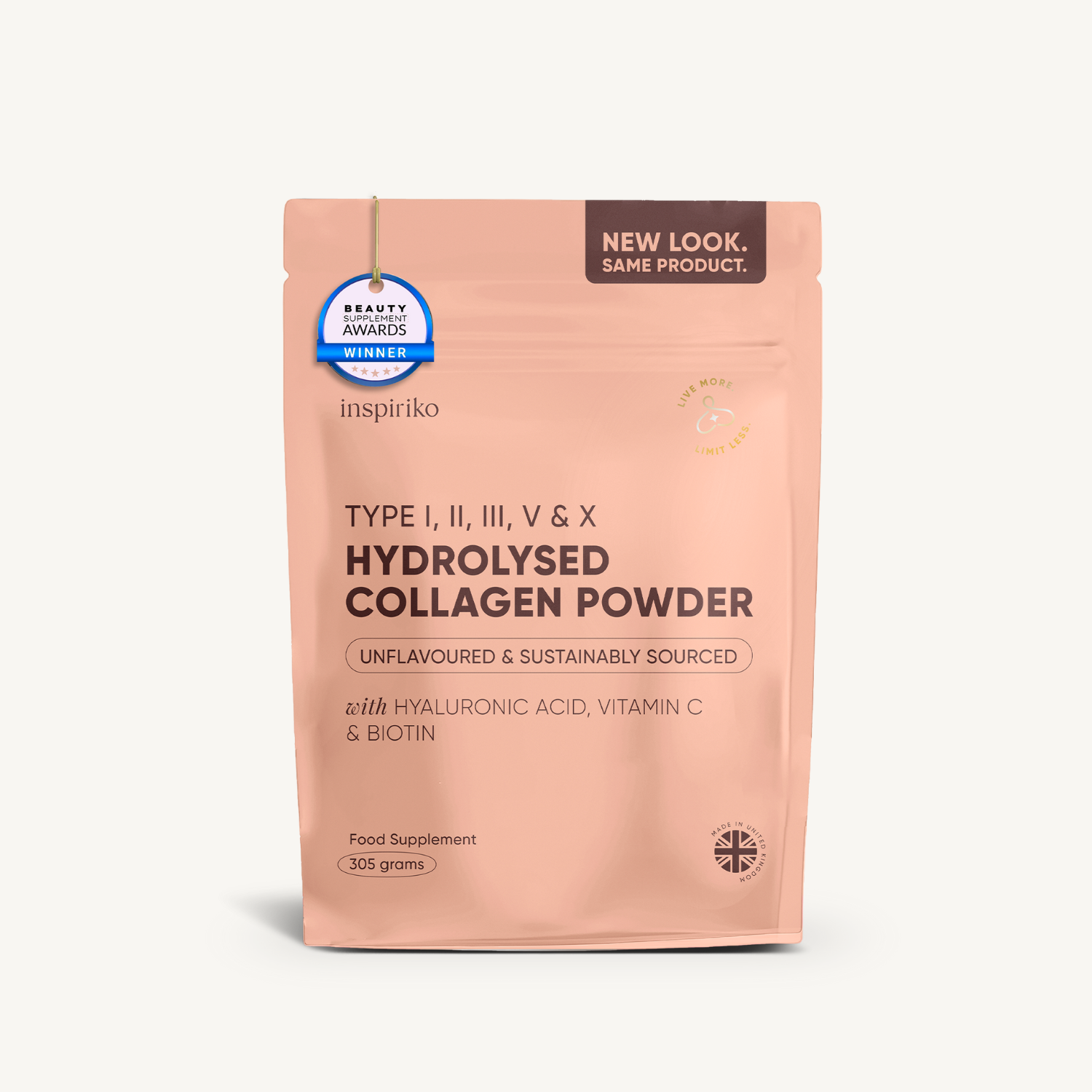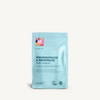Menopause is a natural transition—but for many women, it doesn’t feel very natural at all. Hot flashes, mood swings, brain fog, and sleepless nights can leave you wondering if something deeper is going on—and what you can do about it. While lifestyle habits like diet, movement, and stress management play a powerful role, sometimes they’re not enough to keep your body in balance. That’s where targeted supplements can step in.
But how do you know if you're just having an off week… or if your symptoms are signaling a real need for support? In this article, we’ll walk you through five red flags that could mean your body is crying out for a menopause-friendly supplement.

Red Flag #1: Persistent Fatigue That Doesn’t Improve With Rest
If you’re constantly dragging—even after a full night’s sleep—it might be more than just a busy schedule. Fatigue during the menopause transition is surprisingly common, and often overlooked. Hormonal shifts can impact everything from your thyroid function to iron absorption, while fluctuating estrogen levels may affect how well your body manages stress and maintains energy. But what many don’t realize is that heavy or prolonged menstrual bleeding during perimenopause can also be a major contributor.
A 2025 study (1) sheds light on this connection. Researchers found that those who had three or more episodes of heavy bleeding within six months were 62% more likely to feel tired and 44% more likely to feel worn out. Women with prolonged bleeding were also less likely to report feeling “full of pep.” If this sounds familiar, it may be time to look at supplements that support iron levels, B-complex vitamins, and energy metabolism—especially if fatigue is interfering with your day-to-day life.
Red Flag #2: Intense or Frequent Hot Flashes and Night Sweats
Hot flashes are often dismissed as “just part of menopause,” but when they start hijacking your day they may be a sign that your body is struggling to regulate its internal thermostat. These sudden heat surges, often paired with night sweats, can be linked to fluctuating estrogen levels that confuse the brain’s temperature control system. If your lifestyle changes aren’t making a dent, it might be time to consider natural compounds that help modulate these symptoms—especially phytoestrogens.
A 12-week study (2) discovered that a plant-based diet rich in soy led to an 84% reduction in moderate-to-severe hot flashes, dropping the average from nearly five per day to fewer than one. Even more impressively, nearly 60% of participants became completely free of moderate-to-severe hot flashes. The researchers believe soy’s isoflavones—especially when metabolized into equol by certain gut bacteria—are the key to this effect. If hot flashes are dominating your days (or nights), a supplement containing standardized soy isoflavones may be worth serious consideration.

Red Flag #3: Mood Swings, Anxiety, or Low Mood
If you’ve been feeling unusually anxious, irritable, or emotionally overwhelmed, it’s not just “in your head.” Hormonal fluctuations during the menopause transition directly affect neurotransmitters like serotonin, dopamine, and GABA—chemicals that help regulate mood, calm the nervous system, and support emotional balance. What once felt like manageable stress can suddenly spiral into tearfulness, panic, or even depressive episodes. And while therapy and lifestyle changes are foundational, nutritional support can also make a meaningful difference.
A 2023 study (3) found that 24.54% of women with menopausal syndrome met the criteria for an anxiety disorder. The researchers also found a strong positive correlation between the severity of menopausal symptoms and the level of anxiety. Supplements such as omega-3 fatty acids, magnesium, B-complex vitamins, and adaptogenic herbs like ashwagandha or rhodiola may help stabilize mood and support nervous system resilience.
Red Flag #4: Brain Fog or Difficulty Concentrating
Misplacing your keys is one thing, but when you find yourself regularly forgetting words mid-sentence, struggling to focus at work, or feeling mentally sluggish, it might be more than a passing phase. “Brain fog” is one of the most frustrating and under-discussed symptoms of the menopause transition. It often shows up as memory lapses, reduced mental clarity, or difficulty concentrating, even for high-performing women. While shifting hormone levels—especially declining estrogen—certainly play a role, nutritional factors like iron deficiency may also be part of the picture.
A 2025 study (4) examined the connection between iron levels and cognitive performance in women entering menopause, finding that women with adequate iron levels performed significantly better on cognitive tasks related to memory, attention, and mental processing.
This suggests that even subtle deficiencies could be dragging down your brainpower, so it may be time to check your iron status and consider supplements that support both neurological and nutritional balance, such as iron (when clinically indicated), B12, choline, and omega-3s.

Red Flag #5: Joint or Muscle Discomfort—Especially Without a Clear Cause
Aching joints, morning stiffness, random muscle cramps—if these symptoms have crept in during your 40s or 50s, you’re not imagining it. While many women assume they’re just “getting older,” there’s now a clearer explanation: declining estrogen directly impacts the health of your muscles, bones, and connective tissue. In fact, researchers have recently coined the term “musculoskeletal syndrome of menopause” (MSM) to describe the unique, body-wide discomfort experienced during this stage of life.
A 2024 research paper found that up to 70% of women in perimenopause and menopause report musculoskeletal symptoms, and around 25% describe them as debilitating. This syndrome can include joint pain and stiffness, muscle aches, tendon sensitivity, and even loss of muscle mass and strength.
If you’re noticing pain during everyday movements or slower recovery after activity, it may be a red flag that your body needs additional support (collagen, vitamin D3 + K2, magnesium, and calcium may help protect musculoskeletal health during this transition).
When to Talk to a Healthcare Provider
While supplements can be a powerful tool during the menopause transition, they work best when part of a bigger picture, one that includes medical insight. If you’re experiencing persistent fatigue, worsening mood swings, memory issues, or pain that interferes with your daily life, it’s important to speak with a healthcare provider. In some cases, symptoms may be linked to underlying conditions such as anemia, thyroid imbalance, or severe hormonal shifts that require targeted treatment.
A clinician can help you rule out other causes, run relevant blood work (like vitamin D, ferritin, or hormone panels), and guide you on whether hormone replacement therapy (HRT), lifestyle changes, or supplements—or a combination—will serve you best. The bottom line: You don’t have to guess or suffer in silence. Partnering with a provider ensures you're not just managing symptoms, but supporting long-term health and well-being.
Menopause is a major transition—but it doesn’t have to be a struggle. If you’re noticing signs that your body needs extra support, supplements can be a smart, natural way to restore balance. Inspiriko’s targeted formulations are clean, effective, and designed to help you feel like yourself again—through every stage of this journey.
FAQs
Can I take menopause supplements if I’m on HRT?
How long does it take to notice a difference with menopause supplements?
Are menopause supplements only for women over 50?
Should I take one supplement for each symptom?
References for the blog
-
Harlow, S.D., Gold, E.B., Hood, M.M., Mukwege, A.A., Randolph, J.F. and Greendale, G.A., 2025. Abnormal uterine bleeding is associated with fatigue during the menopause transition. Menopause, 32(6).
-
Barnard, N.D., Kahleova, H., Holtz, D.N., del Aguila, F., Neola, M., Crosby, L.M. and Holubkov, R., 2021. The Women’s Study for the Alleviation of Vasomotor Symptoms (WAVS):
a randomized, controlled trial of a plant-based diet and whole soybeans for postmenopausal women. Menopause, 28(10), pp.1150–1156. https://doi.org/10.1097/GME.0000000000001812 -
Huang, S., Wang, Z., Zheng, D. and Liu, L., 2023. Anxiety disorder in menopausal women and the intervention efficacy of mindfulness-based stress reduction.
American Journal of Translational Research, 15(3), pp.2016–2024. -
Barnett, A.L., Wenger, M.J., Miles, P., Wu, D., Isingizwe, Z.R., Benbrook, D.M. and Yuan, H., 2025. Cognitive performance in relation to systemic and brain iron at perimenopause.
Nutrients, 17(5), p.745. https://doi.org/10.3390/nu17050745 -
Wright, V.J., Schwartzman, J.D., Itinoche, R. and Wittstein, J., 2024. The musculoskeletal syndrome of menopause. Menopause International. [Epub ahead of print]
https://doi.org/10.1080/13697137.2024.2380363







